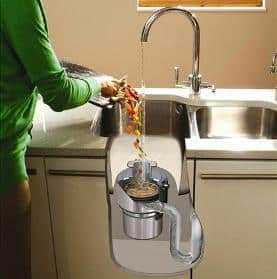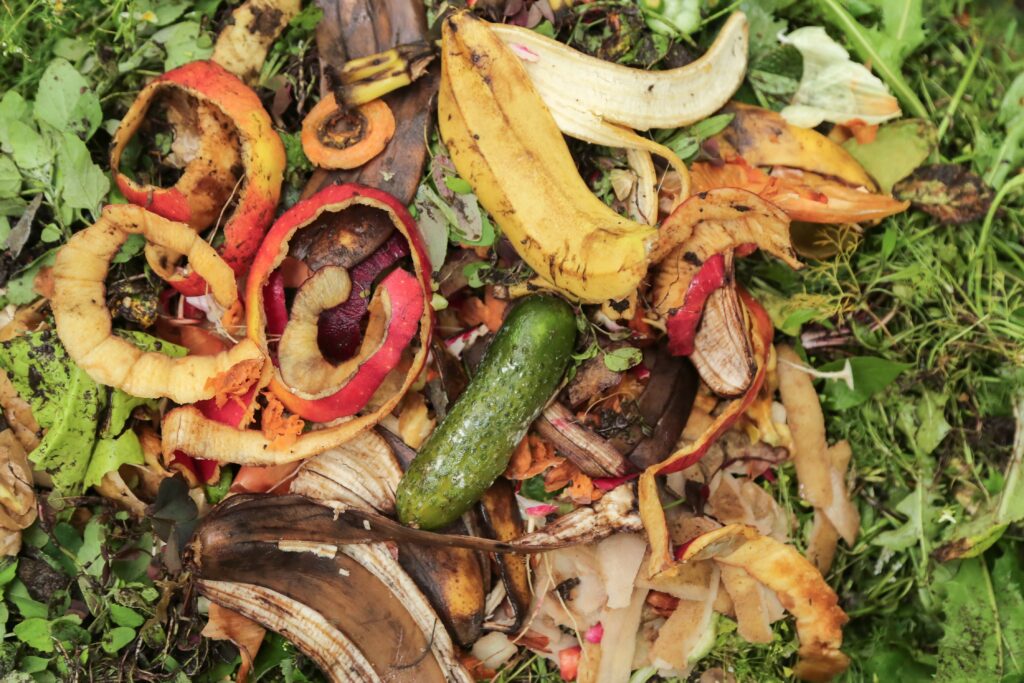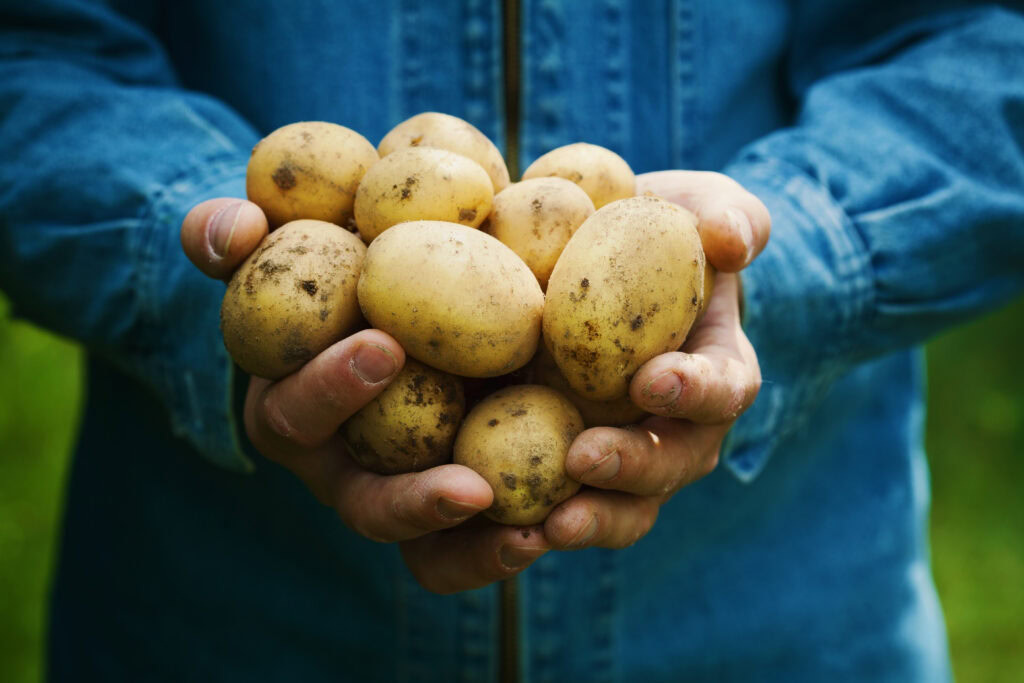The appliances will enable residents on the David Wilson Homes development in Riverside Meadows to put food waste such as vegetable peelings and plate scrapings down their sinks instead of putting it out as waste for collection. The material will end up at a Severn Trent Water sewage works.
It is then treated with normal sewage and processed to produce renewable energy such as heat and electricity through anaerobic digestion. The sewage can also provide soil improver to recycle plant nutrients and organic matter.
In a statement, the LGA which represents 423 local authorities across England and Wales said it is hoped the food waste disposers, manufactured by InSinkErator, will produce a cost saving for Shropshire Council while enabling the LGA to assess whether there are additional costs or maintenance resulting from the process.
The first homeowners will move into houses in the development in early 2013, after which the LGA-funded assessment of the appliances will continue for a period of 12 months. However, the LGA said that discussions are underway with the water industry regarding the possibility of extending the project.
The research into the pilot project in Shrewsbury will form part of the LGAs Waste Innovation Programme, which focuses on innovative ways to reduce waste, improve service and produce savings.
Cost savings
Councillor Peter Fleming, the Chair of the LGA Improvement Board which leads this project, said: Local government has long been recognised as the most efficient part of the public sector. But at a time of immense budget pressure and with the prospect of further severe funding cuts at the next spending review councils face their greatest challenge yet to reshape services in a way that meets the needs of local residents while operating within the new financial realities.
He added: This is why exploring innovative solutions to waste management is crucial. There are households where collecting food waste for composting is not possible. By researching new potential ways of dealing with this waste we open the door to possible savings.
Philippa Roberts from Low & Behold, who are managing the project on behalf of the LGA, said: Much of the project monitoring and evaluation will involve the sewer network and waste water treatment works. Over 70% of the sewer network is more than 50 years old and was not originally designed to carry food waste, so the impacts on the sewer network and the treatment works, and any cost implications of these are a critical element of the Pilot Project.
She added: The LGAs Waste Innovation Programme will trial the use of Food Waste Disposers in kitchen sinks, these will enable householders to dispose of food waste without the need for it to be collected. This then opens up the opportunity for councils to make savings in collection and landfill costs. The research in this project will help us ascertain what the cost and practical impacts of doing this are for the water companies.”
Previous studies
A report on the environmental impacts of food waste disposers was published by the County Surveyors Society in 2006 (see letsrecycle.com story).
Related Links
The report claimed that the technology provided a cost-effective, convenient and hygienic means of recycling household food waste and was backed by Worcestershire and Hertfordshire county councils. Food waste disposers developed by InSinkErator were then installed as part of a trial by a Midlands housing association in 2008, which was also supported by Worcester City Council (see letsrecycle.com story).
The company, on its website, notes that the food waste disposer provides an environmentally responsible answer to the growing problem of food waste.
InSinkErator has also in the past criticised the lack of support for FWDs in the UK, with the firms managing director for Europe in 2008, Joe Ferrara, citing prejudiced opinion for the technology not being more widely used in households (see letsrecycle.com story).
However, a spokeswoman for Thames Water at the time said it was “very concerned” about the issue of food waste going through the sewage system particularly if equipment failed and food waste is not shredded into small enough particles.
Like Thames Water, Severn Trent Water – the water firm for the area including Shrewsbury – said it does not recommend the use of food waste disposal units in kitchen sinks.
In a statement, the firm said: We do not encourage our customers to dispose of food waste or in fact, anything other than toilet tissue, down the sink or drain. More than 55% of sewer blockages are caused by food waste and items, such as sanitary products, being disposed into our sewers.
Many people do not realise the harmful effects of disposing of these via sinks and drains can have, as they can quickly solidify when they hit the cool walls of the sewer and it sticks to the side. Other debris is then trapped and causes a blockage.”
Further evaluation
Shropshire county council said that they wanted to evaluate the technology further before deciding to use kitchen sink food waste disposers on a wider basis in the area.
Councillor John Hurst-Knight, deputy cabinet member for waste and recycling, said: “I think at this stage we are keeping an open mind. We want to work with the manufacturers and the sewage treatment companies to do a proper objective scientific evaluation of the technology, and then we can take a view as to the merits of this approach. There is considerable evidence to suggest that this can be a cost-effective and environmentally sustainable way to reduce food waste going to landfill, supported by, for example the study conducted by The County Surveyors’ Society.
He added: In Shropshire we are generally adopting the approach of collecting food waste mixed with garden waste for in-vessel composting, but this project is an area which currently does not have food waste collections and the nature of this housing development means it would be difficult to service for such collections. As such this is a way of keeping food waste out of landfill which can reduce the environmental impact of landfilling biodegradable waste and reduce the burden on the taxpayers of rising landfill costs.”
The trial marks another step in the involvement of the water industry in food waste treatment Wessex Water recently revealed it is to treat food waste at a sewage works near Bristol (see letsrecycle.com story).








Subscribe for free